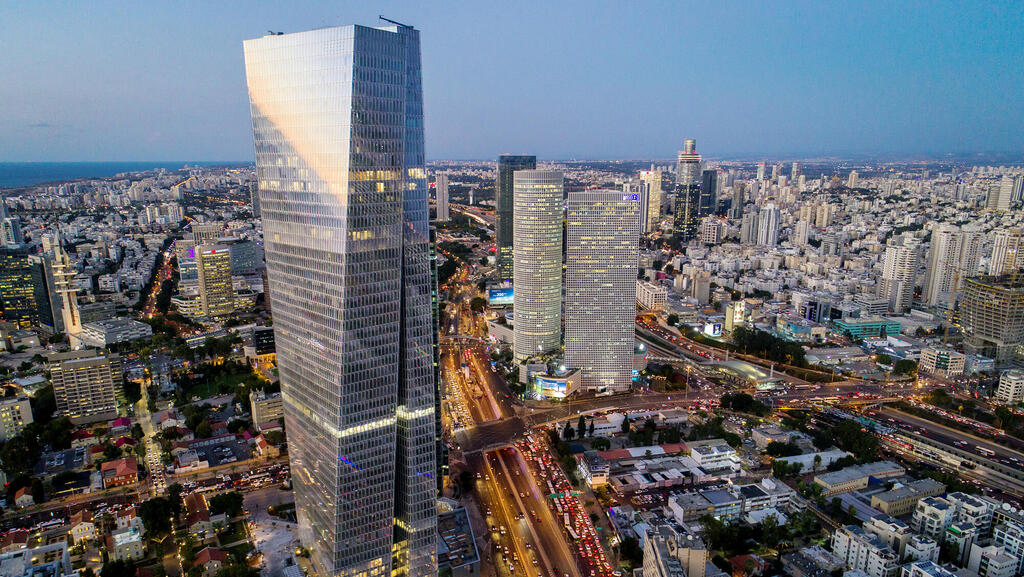
Israeli VC fundraising hits 10-year low after 73% plunge in 2023
Despite the fundraising slowdown and reduced investments in new companies, Israeli funds still sit on a substantial $10 billion, with $2.38 billion earmarked for new investments and $7.7 billion reserved for existing portfolio companies
Israeli VC fundraising suffered a 73% decline in 2023, hitting a low not seen since 2015, the investor report jointly compiled by IVC, the Gornitzky law firm, and the accounting giant KPMG, has revealed.
Last year, 21 Israeli venture capital funds managed to secure an aggregate amount of $1.52 billion, marking not just a significant drop in dollar terms, but also a 66% decrease in the number of funds raising new capital. Notably, three VC funds accounted for 51% of the total capital, raising over $200 million each: Qumra Capital IV, TLV Partners V, and Viola Growth IV.
Israeli VC fundraising looks to have rebounded since the start of 2024, with Team8 ($500 million), Red Dot Capital ($250 million), Ibex Investors ($106 million) and iAngels ($70 million) raising a total of almost $1 billion.
According to IVC's measurement model of Israeli VC funds allocations and capital availability, 2023 concluded with $1.14 billion, reflecting the lowest Israeli VC fund capital allocation volume since 2015.
These figures underscore the limited availability of capital for local startups from Israeli funds, particularly as the volume of investment rounds in startup companies surged, partly due to increased involvement of foreign funds in Israel. Consequently, a venture capital dollar in 2023 holds less purchasing power compared to 2015.
The report further reveals a significant decline in the appetite for high-tech investments among local institutional investors, with investments in startups plummeting by 70% to $143 million in 2023 from $486 million in 2022. The number of institutional investment transactions also dropped by 55% last year.
Even corporate VC funds that had shown interest in Israel post-Covid-19, such as Intel Capital and PayPal Ventures, made only four new investments each in 2023. Other major players like Google, Citi, Nvidia, and Cisco settled for just two new investments each. Notably, Israeli corporations largely withdrew from investment activities, with the Zim shipping company being the only active player, investing in two startups.
Related articles:
Despite the fundraising slowdown and reduced investments in new companies, Israeli funds still sit on a substantial $10 billion, with $2.38 billion earmarked for new investments and $7.7 billion reserved for existing portfolio companies.
Despite the capital-raising slump, the local venture capital landscape remains vibrant, comprising 226 funds, with the largest 24 Israeli VCs each having over $500 million under management and an estimated total of over $29 billion.
In response to the capital-raising challenge, the Israel Innovation Authority has launched Yozma 2.0, a program aimed at encouraging institutional bodies to invest in local funds. Led by Dror Bin, CEO of the Innovation Authority, the program seeks to incentivize institutions to inject approximately $1 billion into local funds over the next two years, reminiscent of the initiative that kickstarted the Israeli venture capital industry in the late 1990s.
"2023 marked a year of profound challenges for the high-tech and venture capital sectors, primarily due to significant macroeconomic shifts worldwide. Despite these hurdles, the Israeli tech ecosystem, from start-ups to mature companies, from defense corporations to local R&D centers of the largest multinational, showcased exceptional resilience," said Dina Pasca Raz, Partner and Head of Technology at KPMG Israel. "The importance of fundraising and investment rounds is undeniable, yet our industry's strength lies in many factors. To prevent an exodus of innovation, it's crucial to offer compelling incentives to entrepreneurs, preventing companies from leaving Israel, thus sustaining and bolstering this robust foundation."
Shlomo Landress, Partner and Head of Technology Practice at Gornitzky GNY: "There is a decrease in the valuations of Israeli start-up companies, making them more attractive for investments. The Start-up Fund launched by the Israel Innovation Authority seeks to invest NIS 0.5 billion in early-stage rounds alongside VC funds. These two factors lead to the expectation that a significant portion of the $10.08 billion reported as available for investment by VC funds be deployed in the near future."